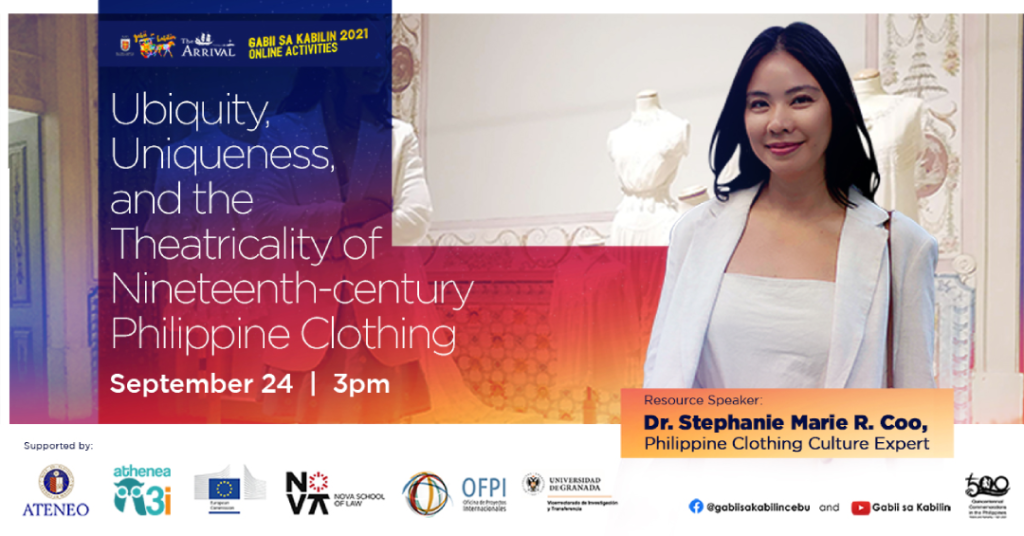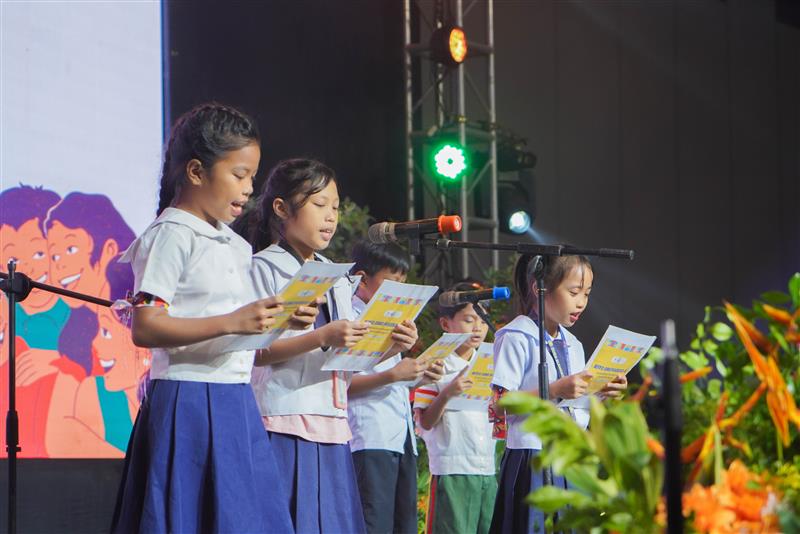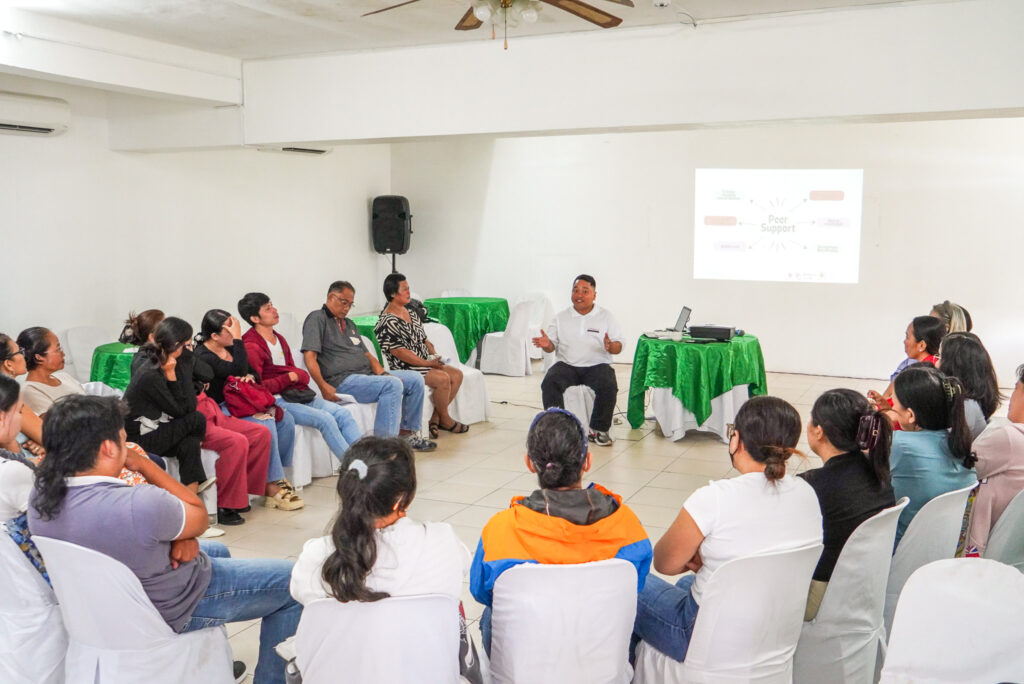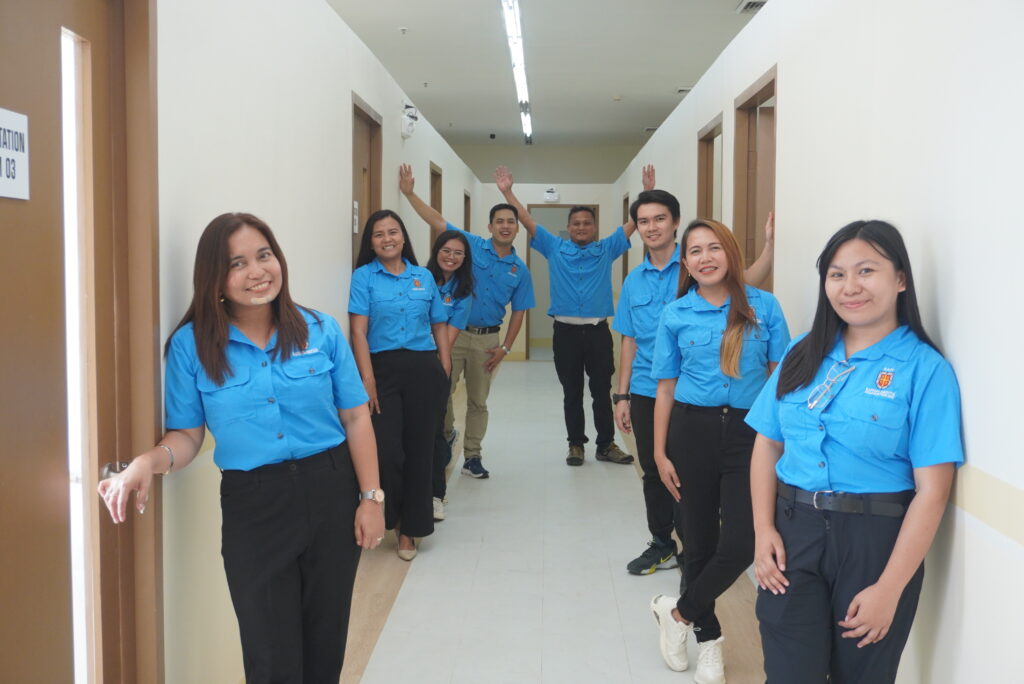
Gabii sa Kabilin will hold a webinar on September 24, 3 p.m. entitled “Ubiquity, Uniqueness, and the Theatricality of Nineteenth-century Philippine Clothing” with Philippine clothing culture expert and award-winning author, Dr. Stephanie Marie Coo.
The lecture will trace the binary evolution of Philippine clothing in the 19th century. In asking what factors influenced the growing homogeneity of clothing in the country, it will provide glimpses of the Cebuano or Bisaya in historical sources. It will also look into the meanings behind collective and individual clothing through travel guides and writings, paintings, photographs, and periodicals.
The lecture can be viewed on Gabii sa Kabilin’s Facebook page and YouTube channel. It will also be streamed on the National Quincentennial Committee Facebook page.
Ubiquity, Uniqueness, and the Theatricality of Nineteenth-century Philippine Clothing
Join us on September 24, 3 p.m.
Dr. Stephanie Marie Coo is the award-winning author of “Clothing the Colony: Nineteenth-century Philippine Sartorial Culture, 1820-1896,” which recently received the IIAS-ICAS International Book Prize 2021 as the Best Book in Humanities- English Language Edition.
She is a Marie Curie Postdoctoral fellow at Universidad de Granada in Spain and NOVA School of Law-Universidade Nova de Lisboa in Portugal. She obtained her PhD in History from Université Nice Sophia Antipolis in France, Master of Arts in History and Bachelor of Science in Management from the Ateneo de Manila University.
Dr. Coo is an Assistant Professor at the Department of History of the Ateneo de Manila University, where she served as Chair of the Internationalization Committee and Coordinator for Internationalization between 2018 and 2019.
For more information and updates about this lecture, visit the Gabii sa Kabilin Facebook page.
Initiated in 2007 by RAFI, Gabii sa Kabilin aims to help preserve local culture and heritage by encouraging Cebuanos to visit museums. It launched its online activities last year at the onset of the pandemic to help make Cebuano culture and heritage more accessible to the public.


